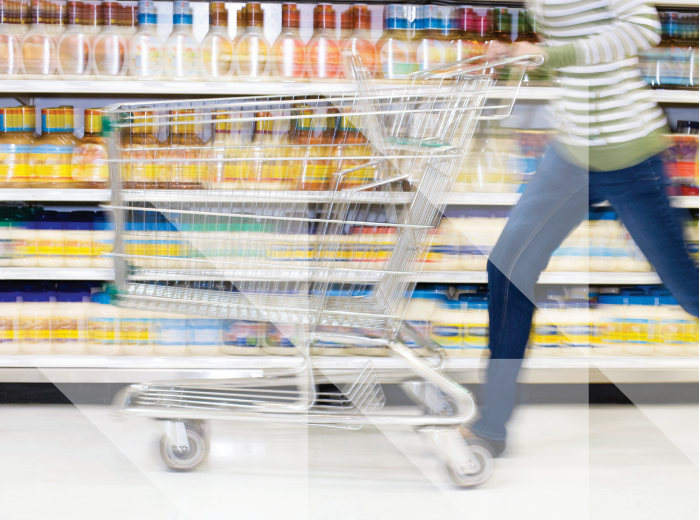
Submitted by temelzeynep on February 27, 2019
- FMCGs need to accelerate innovation to keep up with changing consumer preferences for plant-based products and less packaging
- M&A appetite for small, ethical brands has been on the rise, more than quadrupling over the last 5 years
- Industry faces potential disruption from physical risks caused by climate change, as well as upcoming packaging and labelling regulation
- Some companies stand out in tackling these challenges with Danone and Nestlé leading the Food and Beverage sub-sector and Unilever and L’Oréal leading Household and Personal Care. Laggards include Kraft Heinz and Estée Lauder
The world's top FMCGs including Nestlé, Coca Cola and P&G are in a race to adapt to rapidly changing consumer trends, including a rise in veganism and increasing activism on plastic packaging. This is revealed in a new report "Fast Moving Consumers" from environmental non-profit and investment research provider CDP today. The report ranks 16 of the largest and publicly listed Food and Beverage and Household and Personal Care companies on business readiness for a low carbon transition.
The life cycle environmental impact of products from the industry is significant and FMCGs have a key role to play in curbing over a third of global greenhouse gas emissions2. 90% of the sector’s carbon emissions lie in the value chain, leaving companies exposed to raw material risks and product consumption risks. The proximity of the sector to consumers means companies are exposed to changes in consumer preferences, but also have the opportunity to drive behavior change in order to ensure the longevity of their brands.
Some of the most transformative low carbon innovations delivered by these companies include developing vegan and organic product ranges. Our analysis shows 5 out of the 7 food and drinks companies that originally offered dairy or meat-based products are innovating with new vegan alternatives.
Similarly, Household and Personal Care companies are creating more plant-based, natural options - 6 out of 7 companies including L’Oréal are actively innovating to replace petrochemicals with natural, biodegradable ingredients. Unilever is among the 4 companies to have developed vegan personal care product ranges.
A tide of consumer activism on plastic packaging has resulted in increased scrutiny and changing preferences for circular, zero-waste business models. This is forcing companies to rethink their approach, with around 60% of companies investing to advance biodegradable plastic and recycling infrastructure, and Danone leading the way.
Despite this innovation in the sector, almost 60% of the top 10 revenue generating brands for each company have failed to deliver low carbon innovations in the last 10 years. Given most companies (88%) generate over 50% of their revenues from these key brands, including Nescafé, Budweiser and Dove, they must up their game or risk falling foul of changing consumer demands.
You can view the executive summary of the report here.
.
2 Food and agricultural production accounts for about a quarter of all global emissions while emissions from electricity and heat production associated with water heating, cooking and appliances in the built environment account for 8% (IPCC)





